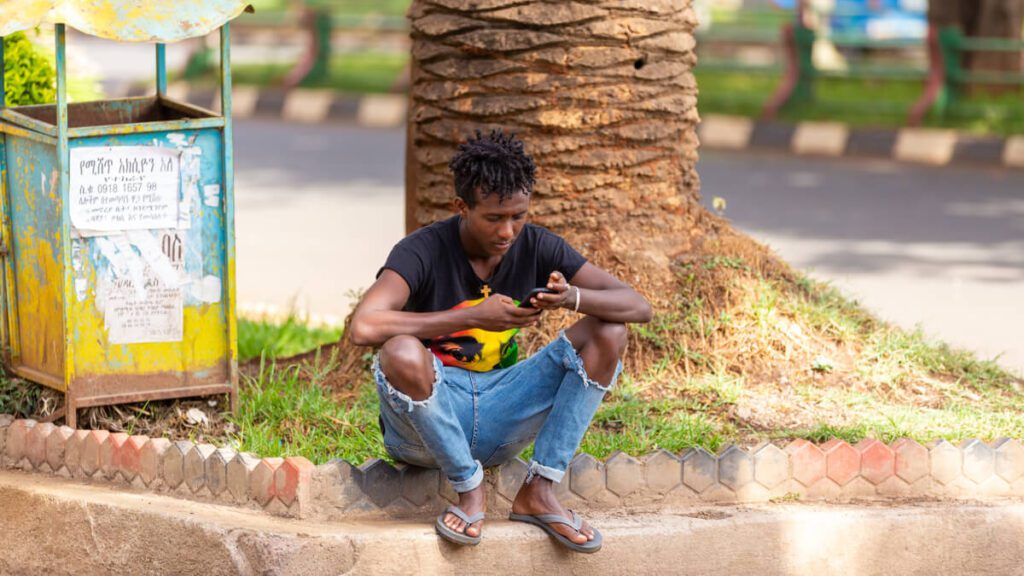
The World Bank confirmed last week that its planning to invest $200 million into Ethiopia’s digital economy as the country takes its first steps to liberate its telecoms market but warned of special treatment being given to state-owned Ethio Telecom.
In a blog post, Ousmane Dione, the Bank’s country director for Eritrea, Ethiopia, South Sudan, and Sudan warned against forced new players in the market to lease infrastructure from Ethio Telecom rather independent tower companies over fears that it would stall network deployment.
“To benefit fully from competition does not mean offering preferential treatment to Ethio Telecom but rather creating a level playing field on which it can compete fairly with its new rivals,” Dione said, highlighting that rural areas could be particularly badly affected.
Ethiopia is one of the last countries in the world to have retained a state-owned monopoly provider of telecom network and services, a market which is dominated by the private sector in most countries.
Opening the market to private sector competition, and foreign investment, is expected to bring lower prices, higher quality of service and more choice for consumers. It will also lay the foundations for Ethiopia’s telecom liberalization and future digital transformation.
A myriad of big telcos is in the running to bid for two available licenses to operate within the African country, among them are Etisalat, MTN, Orange, STV, and a consortium, headed by Vodafone.
According to Dione, the International Finance Corporation (IFC), the private sector arm of the Bank, is assisting the Ethiopian Communications Authority (ECA) with the license awards. The World Bank itself is supporting the partial privatization of Ethio Telecom and the strengthening of ECA as an independent sector regulator, following its establishment in September 2019.
The country manager noted that any special treatment to Ethio Telecom would be counterproductive since the state-owned operator has “the most to gain from the expansion of the digital economy.”
“But this may slow down innovation and investment in the market and may actually hinder Ethio Telecom’s own ambitions to attract a strategic investment partner from abroad,” Dione added, arguing that a better strategy would be to encourage Ethio Telecom to compete on equal terms with the new market entrants.
The World Bank’s $200 million investment into the liberation of Ethiopia’s telecom will look to provide funds to further strengthen the regulator and to prepare the legal and regulatory building blocks for the digital ecosystem, in areas like eCommerce and Digital ID.
The project will provide support for the development of digital government services, digital entrepreneurship and provide a digital response to the COVID-19 pandemic.
“The project will also provide matching grants to support digital start-ups and established digital businesses looking to build or expand an online presence and encourage wider participation in the digital economy,” Dione added.